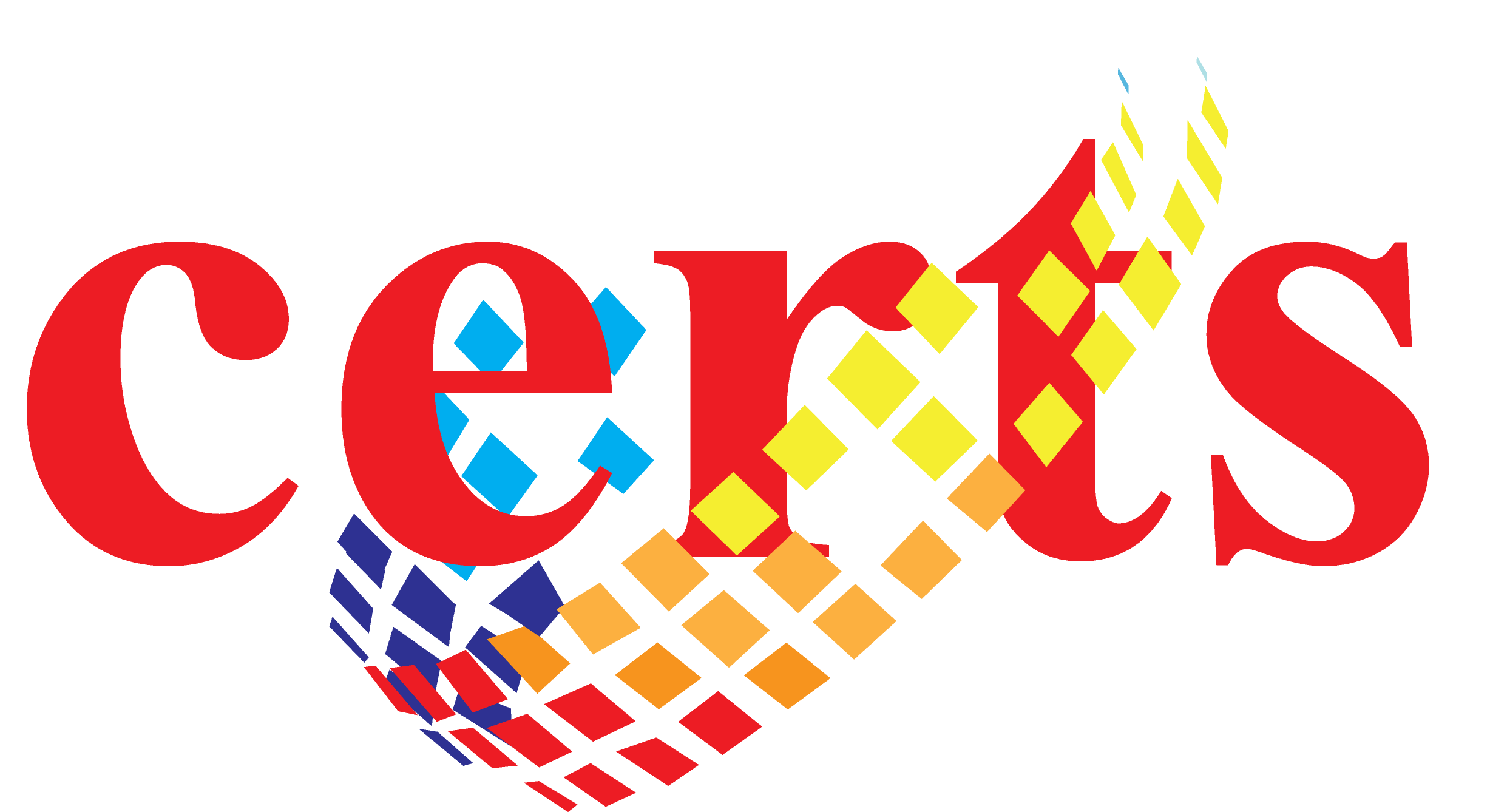PURE ONLINE TRAINING AND EXAMINATION
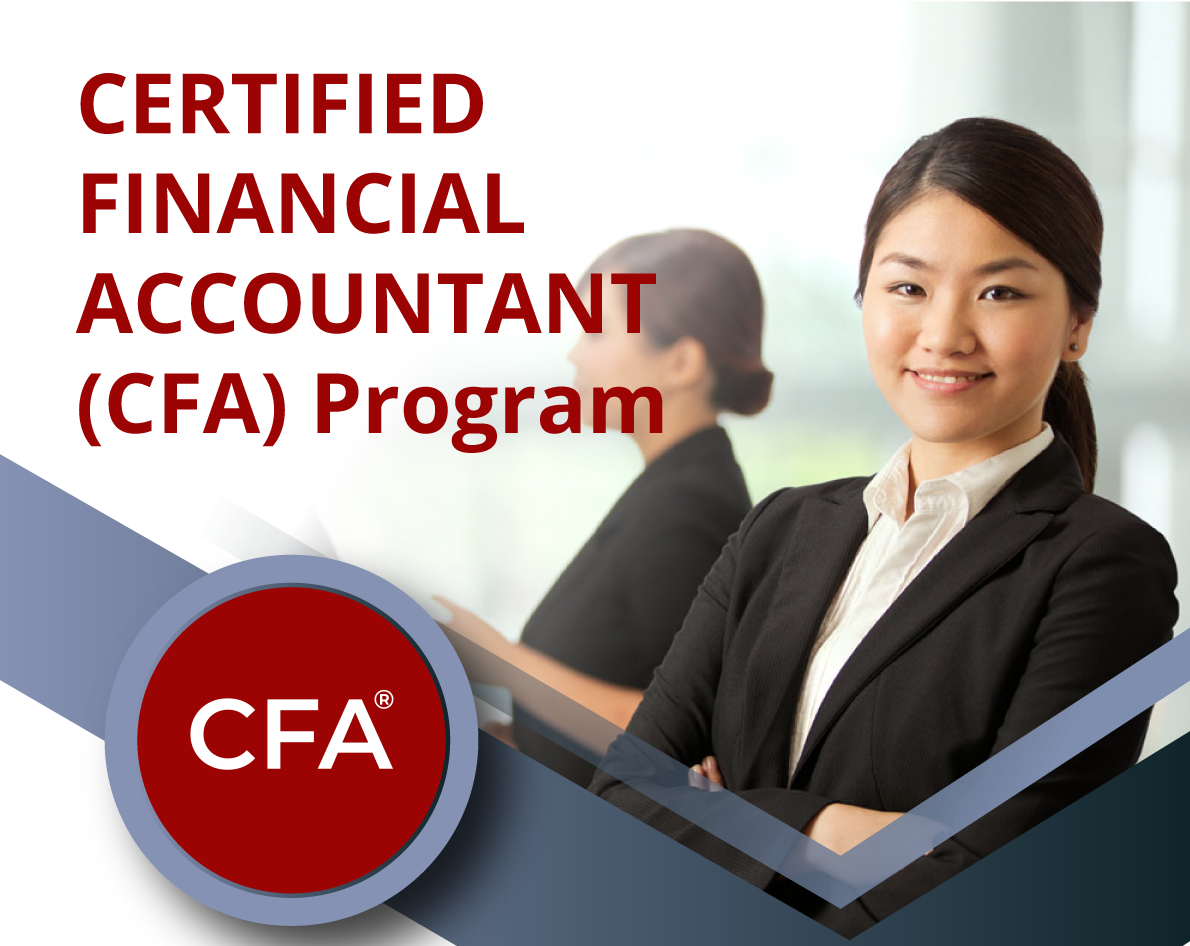
Training and Assessment Fees
Student
per Level
Professional
per Level
Overview
CFA Level 1
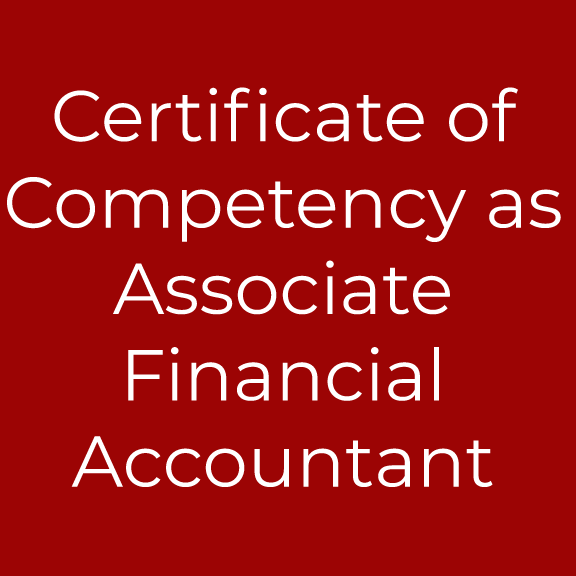
CFA Level 2
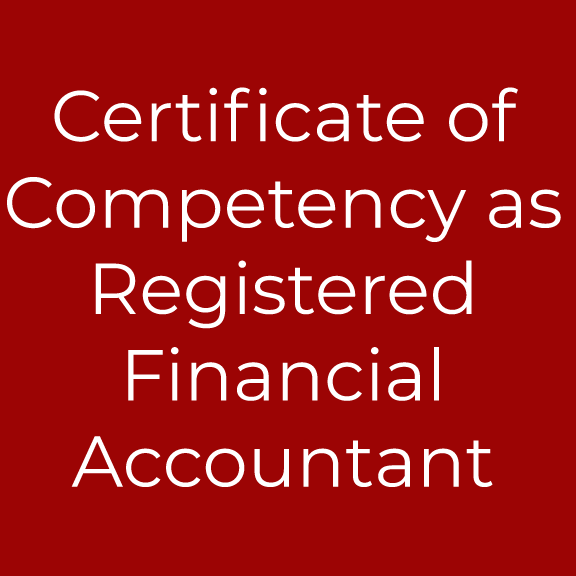
CFA Level 3
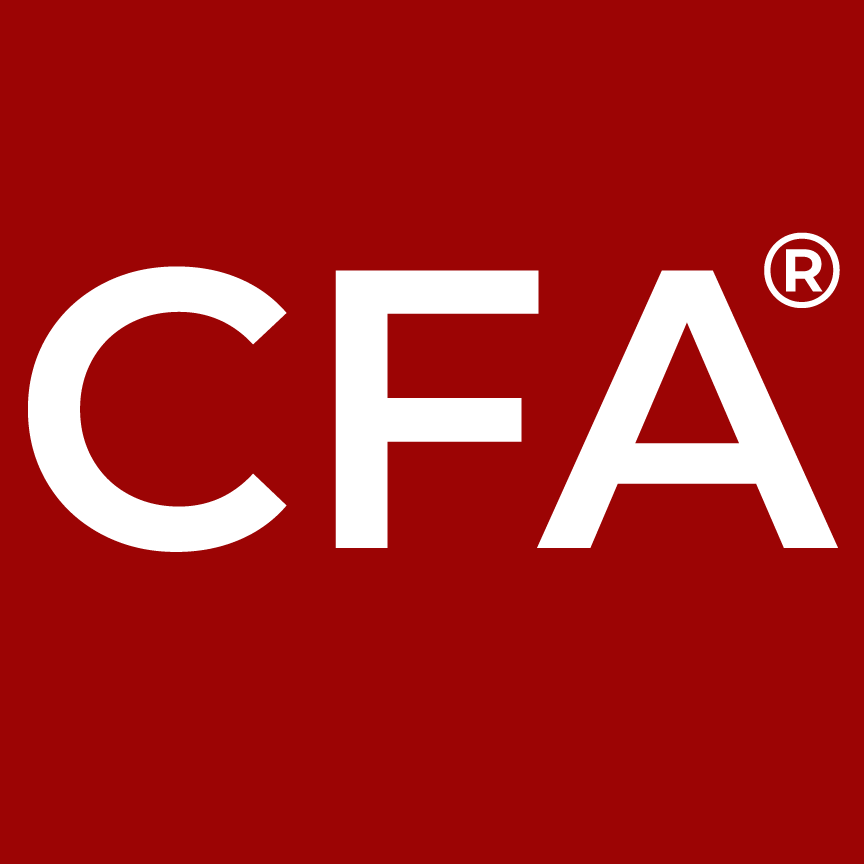
Certified Financial Accountant
The field of financial reporting has been made more interesting in the recent years than ever. The strong demand for reliable and relevant financial reports is certain to occur in the centuries ahead. It will grow steadily especially at times when the business environment and its systems keep on changing leading to new rules and standards in financial reporting.
Compliance to financial reporting standards is becoming more technical and integrative of other professional fields. This brings greater demand for skilled and trusted financial accountants to assist entrepreneurs, corporate executives, community leaders, and government agencies in meeting their needs for economic decision and regulations.
As financial accounting integrates to the domain of several fields of practice, this professional practice requires a thorough understanding of the standards and regulations governing financial instruments, strategic accounts, and operating accounts. It also demands professional objectivity in presenting financial reports while upholding the interests of its users.
As users ask for a reasonable estimation of the future, the preparers of financial reports has to adopt applicable models from corporate governance, statistics, economics, financial management, taxation, and legal rules and procedures in order to comply to new and evolving standards in order to provide relevant financial reports. This wide range of knowledge and technical expertise require competent skills certifications to be acceptable in countries around the world to ensure the objectivity and integrity in the financial reporting processes.
Benefits of CFA
- Entitlement to the post initial: CFA
- Designation as
- Certificate of Competency as Associate Financial Accountant
- Certificate of Competency as Registered Financial Accountant
- Certified Financial Accountant
Course Outline
Introductory Module
- Time Value of Money
- IFRS 5 – Discountinued Operations
Financial Assets
- Cash and Cash Equivalents
- Loans and Receivables (Financial Assets at Amortized Cost)
- Investment in Equity Securities
- Investment in Debt Securities
- IAS 28 – Investment in Associates
- Basic Derivatives (excluding Hedging)
Financial Liabilities
- Accounts Payable
- Notes Payable
- Bonds Payable
- Debt Restructuring
Economic Analysis
- Microeconomic analysis
- Macroeconomic analysis
How to Get Certified
Training
Register for the CERTS training to gain access to learning resources such as video lectures, study notes, exercises, and assessments.
Attend the live Online Mentoring Session (OMS) as schedule to further refine your preparation.
Simulation Exam
Take the Simulation Examination (SimEx) as scheduled. It comprises of sixty (60) questions for three (3) hours. A learner must earn a rating of at least 35/60 to qualify for the Actual Examination. A learner who failed the SimEx may retake on the next schedule for a minimal fee.
Examination
Qualified candidates shall be indorsed for the CFA examination as scheduled. The examination comprises of sixty (60) questions budgeted for three (3) hours. An examinee must earn a minimum rating of 75% to pass.
Title / Certification
Candidates who passed the CFA examination may now apply for certification.
